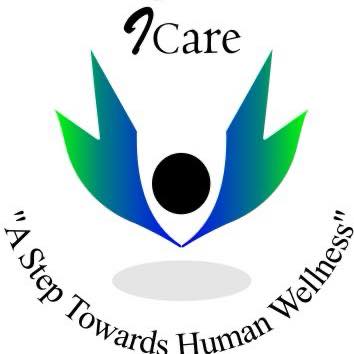Developmental Screening
Developmental screening is a process used to identify children who may have developmental delays or disabilities. It involves the use of standardized tools and assessments to evaluate a child’s skills and abilities across various areas of development, such as cognitive, social-emotional, communication, and motor skills.
The purpose of developmental screening is to detect potential developmental issues early on so that appropriate interventions and support can be provided to help children reach their full potential. Early identification and intervention are crucial because many developmental delays and disabilities can be effectively treated or managed if detected early.

Developmental screening is typically conducted by healthcare professionals, such as pediatricians, nurses, or developmental specialists. It may be a part of routine well-child visits or may be recommended if there are concerns about a child’s development raised by parents, caregivers, or teachers.
During the screening process, the healthcare professional may use a variety of tools, questionnaires, and observations to assess the child’s development. Some commonly used developmental screening tools include the Ages and Stages Questionnaires (ASQ), the Modified Checklist for Autism in Toddlers (M-CHAT), and the Denver Developmental Screening Test (DDST).
